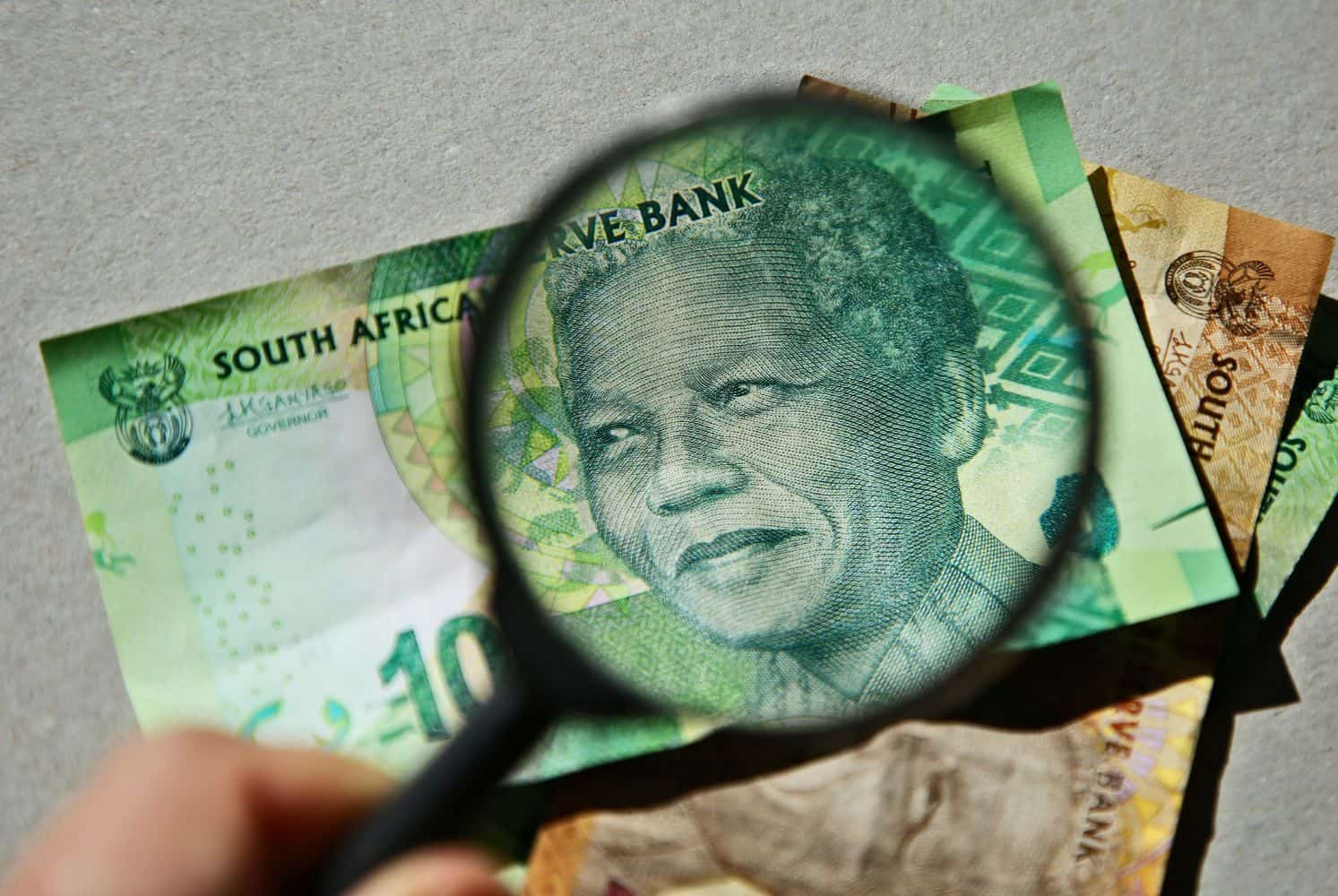Economists are hoping for significant changes in the MTBPS, while tax payers are waiting to see if the tax brackets will be adjusted.

After Budget 2025 was postponed twice, South Africans are not really sure what to expect from the Medium-Term Budget Policy Statement (MTBPS) or “mini budget” that the minister of finance, Enoch Godongwana, will deliver on Wednesday afternoon.
Frank Blackmore, lead economist at KPMG South Africa, says the focus of the MTBPS will be on revising economic growth and inflation forecasts.
“The growth that was predicted at 1.4% for this year and expected to increase to 1.7% in 2027, will likely need to be downgraded. The effect of this will be that ratios will increase considerably in terms of gross domestic product (GDP) over this period.”
He says the lack of growth will also mean that the revenue forecasts will not meet expectations in certain areas. “Therefore, next year’s budget must include plans to address this shortfall. We may see the introduction of new revenue and expenditure measures and potential reforms to specific public service programmes announced in the MTBPS.
ALSO READ: MTBPS is opportunity for government to show real progress – BLSA
What does MTBPS hold for us?
“We must keep in mind that the details of the taxes and expenditure programmes will not be provided in the MTBPS, but those specifics will be outlined in next year’s national budget. Emphasis will still be on fiscal consolidation and how the budget is progressing in that respect as well as certain progress on infrastructure and jobs as the two important initiatives.
“Most importantly, there will be a response to government’s Operation Vulindlela and what progress it made so far. We can expect to get updates on the public sector reforms which are usually addressed alongside government debt and inflation targeting.”
Blackmore says he thinks there are significant changes needed in this year’s MTBPS and those revisions will be provided. “We can also anticipate early insights into next year’s budget regarding both revenue and expenditure measures.”
ALSO READ: MTBPS: economists are optimistic amid shifting global tides
Will we see taxes and tax brackets increase in the MTBPS?
Itumeleng Nkadimeng, head of corporate tax at KPMG South Africa, says he expects a continued focus on revenue collection and spending discipline.
“The key theme will be the South African Revenue Service’s (Sars) intensified drive to enhance tax compliance building on the 7.5 billion commitments announced in the 2025 budget, such as the modernised tax administration, which is likely to result in deeper audit verifications and a sharper hand on beneficial ownership transparency.
“While the MTBPS traditionally outlines tax trains and revenue statistics, these figures are more than just numbers, they signal areas where the tax base could be broadened.”
Nkadimeng says when South Africa was recently delisted from the Financial Action Task Force (FATF) greylist, they anticipated a renewed emphasis on governance, transparency and fiscal credibility. “Ultimately, the statement will be a critical level in shaping sustainable growth and depend on efficient tax collection and prudent public spending.“
ALSO READ: MTBPS: Small businesses need more than promises
Will MTBPS show how Sars will make up revenue shortfall?
Hayley Parry, money coach and facilitator at 1Life’s Truth About Money, says as financial pressure continues to mount not only on the national government but also on South Africans, one of the things that she will look for in this MTBPS is an indication from Sars on how it is going to collect money from a revenue shortfall perspective.
“One of the most pressing aspects affecting consumers has to do with bracket creep, which happens when your salary increases due to inflation, but the tax brackets are not adjusted accordingly. In some instances, your increase can push you into a higher tax bracket and you end up getting out less than before your increase.”
Parry points out that Sars decided for the past three years not to adjust the tax brackets and that puts enormous pressure on salaries. “Even if we receive an increase linked to inflation or discretionary bonuses it is not coming through to the bottom line because essentially, we pay more tax.
“For example, in the last financial year Sars collected R19.5 billion in additional revenue by not adjusting these tax brackets for inflation. For me, that is a critical thing that we must look at in this MTBPS. This will be an indication to whether this will be Sars’ continued approach in the next tax year, as this has an enormous impact on South Africans and their take-home pay.
ALSO READ: Who wants to be a millionaire? Try a tax-free savings account
MTBPS will hopefully also increase limits for tax free savings accounts
“Seeing this lack of inflationary adjustments that affects consumers’ financial well-being has to do with the tax-free savings account. This initiative was put into place in 2015 to encourage South Africans to save more and invest more, and that obviously is great from a personal financial perspective.
“However, when it was introduced in 2015, it said that there was a lifetime limit of R500 000 that could be put aside into that tax free savings account or pocket. If that number had been adjusted for inflation as an interesting exercise that I did, it would now be approximately R821 000.
“Similarly, there is a limit on how much South Africans can put aside every year to go towards that annual lifetime limit and that number is currently only R36 000 per year.”
Parry says the last time it was adjusted for inflation was in March 2020. “If there had been an inflationary adjustment every year since then, that number would be sitting at just over R46 000. This is yet another example of government’s failure to adjust for inflation is continuing to affect the financial well-being of South African consumers.
“Many South Africans are striving to make responsible financial choices by saving more and investing wisely, but are held back because salary brackets remain unchanged despite rising costs. Moreover, the incentives meant to reward these positive actions, such as tax benefits on investment vehicles, have also not been adjusted for inflation, making it even harder for people to do the right thing.”
Support Local Journalism
Add The Citizen as a Preferred Source on Google and follow us on Google News to see more of our trusted reporting in Google News and Top Stories.








